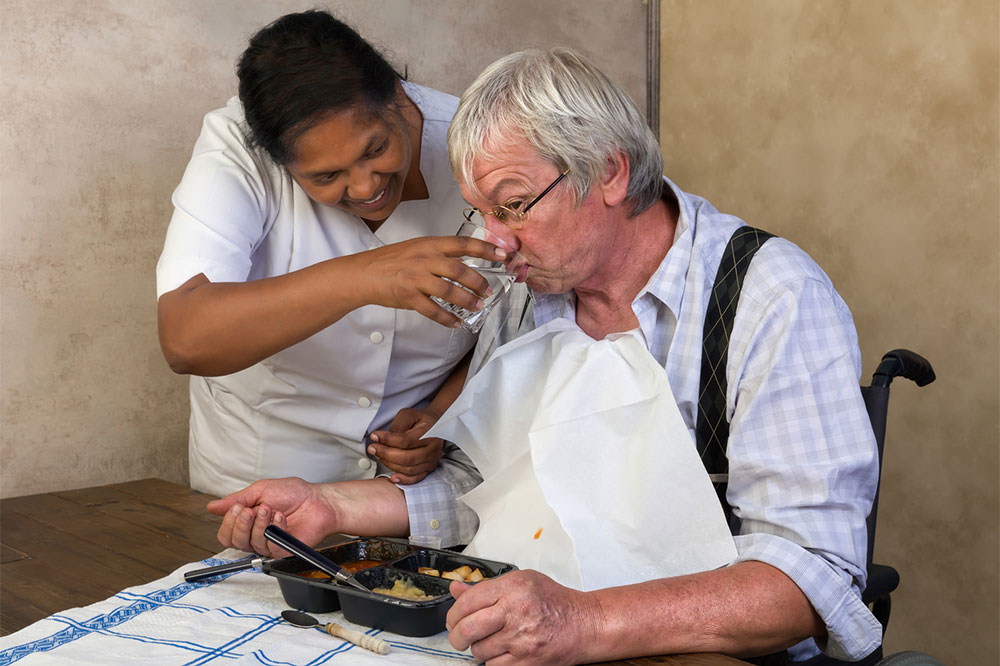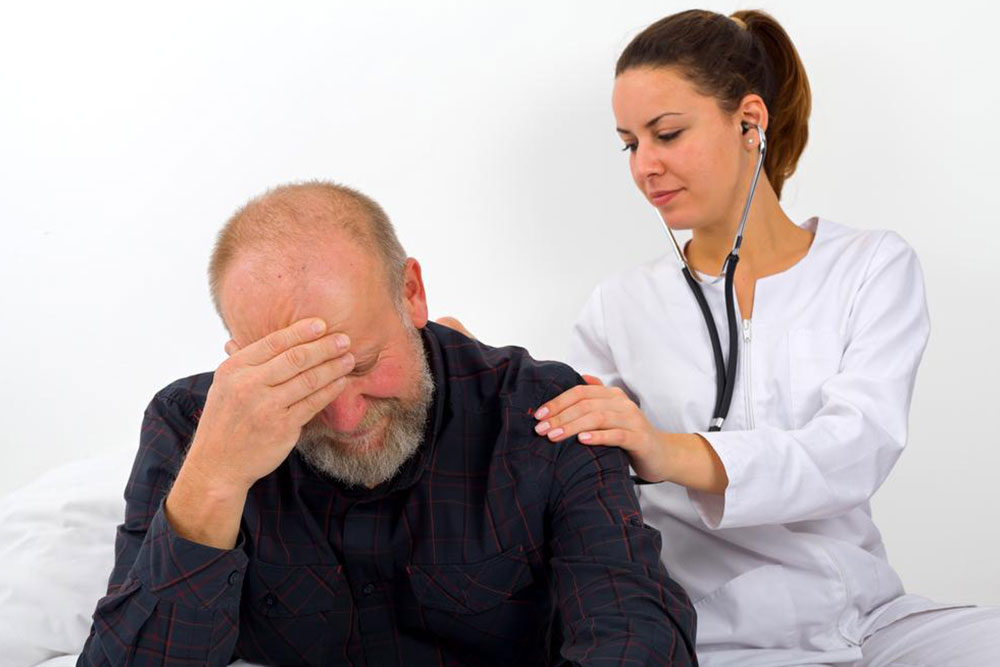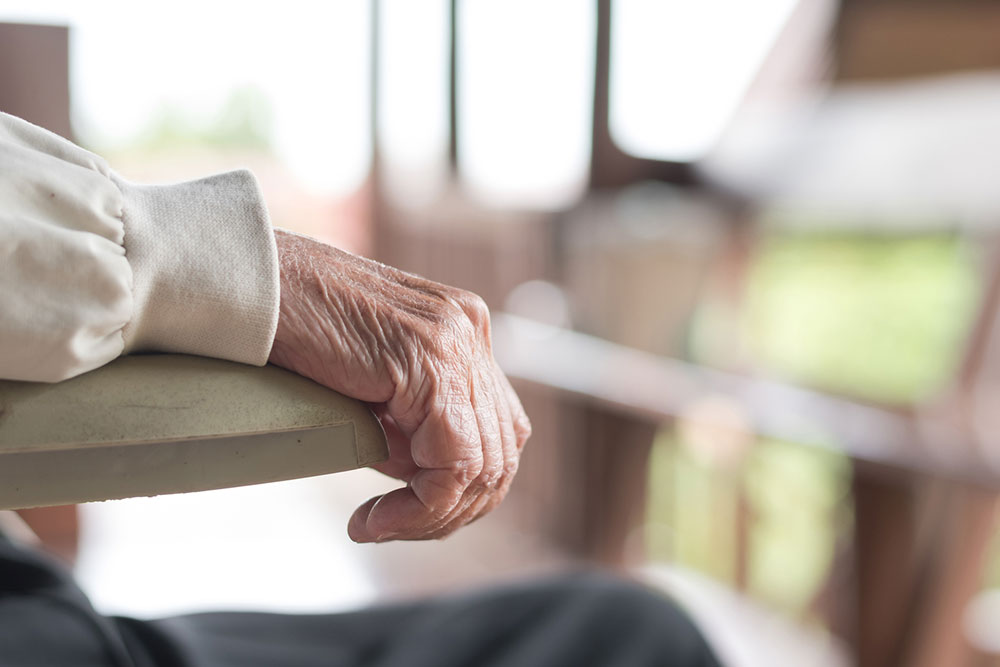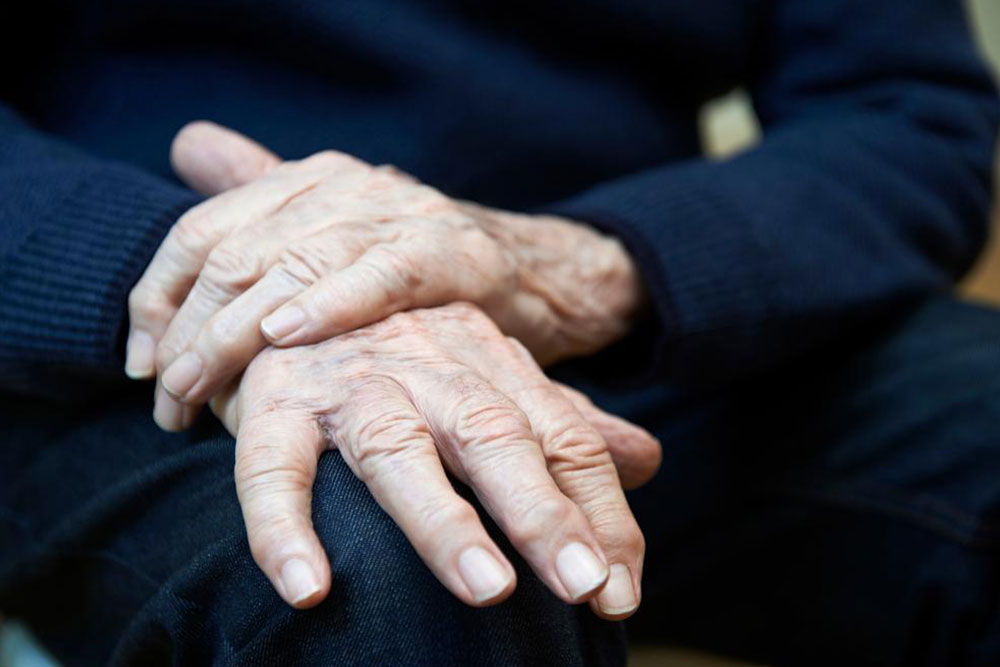Recognizing Signs and Managing Parkinson's Disease
Learn about the common signs of Parkinson’s disease, including tremors, stiffness, and balance issues. Discover available treatments and practical tips for caring for loved ones with Parkinson’s. Early recognition and supportive care can significantly enhance quality of life for patients. This article provides essential insights into symptoms, management options, and caregiving strategies for Parkinson’s disease.
Sponsored
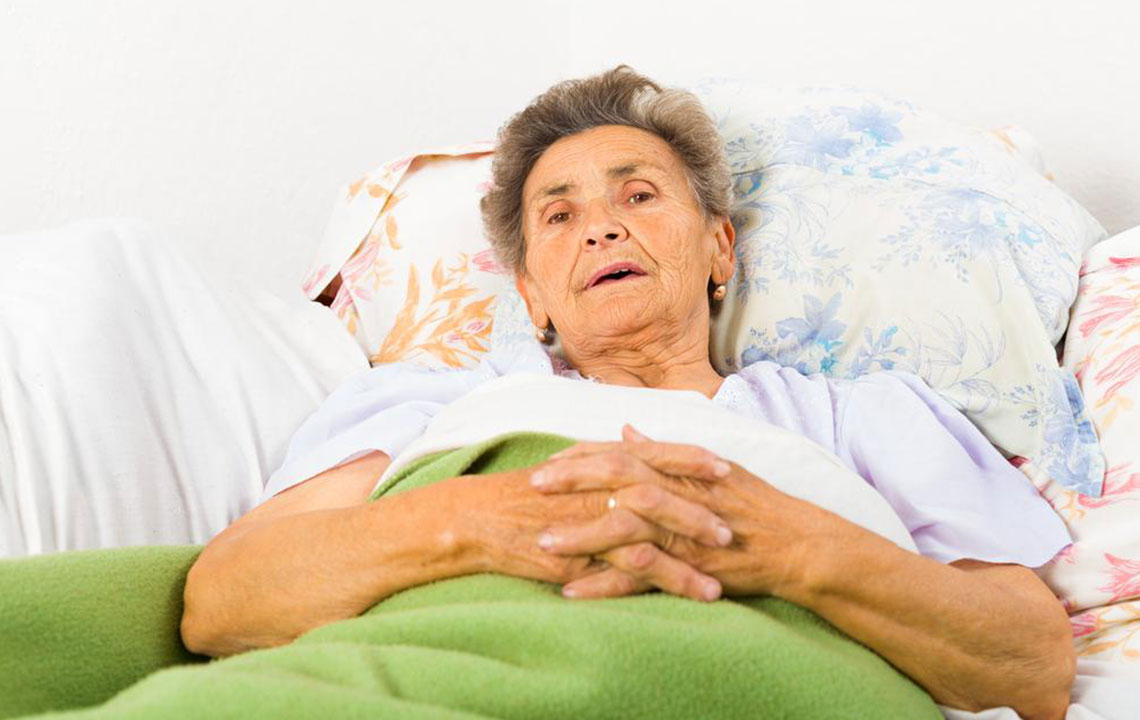
Parkinson's disease is a progressive neurological condition affecting nearly four million people globally. It results from the loss of dopamine-producing cells in the brain, leading to motor and non-motor symptoms that worsen over time. Early symptoms can be subtle and resemble normal aging, making diagnosis challenging. Patients typically lose over 60-80% of dopamine neurons before being diagnosed. Common symptoms include tremors, muscle stiffness, slowed movement, facial expression changes, balance issues, and sensory loss. Treatment options focus on symptom management, as there is no cure currently available.
Resting Tremors: Involuntary shaking, often starting on one side, especially in limbs or facial muscles, worsens with stress and diminishes with relaxation.
This condition initially affects one side of the body with tremors, which can later spread. Stiffness and rigidity in muscles cause movement difficulties, including reduced arm swing and trouble turning the neck. Facial muscles weaken, leading to a vacant expression, difficulty swallowing, and slowed speech. Balance problems, gait abnormalities like shuffling, and decreased sense of smell are common. Advanced stages may involve cognitive decline, memory issues, and emotional changes. Men are more susceptible, and symptoms like erectile dysfunction and constipation are frequently reported.
Available Treatments
While Parkinson's cannot be cured, medications such as Levodopa, dopamine agonists, and enzyme inhibitors help manage symptoms by boosting dopamine levels. Deep brain stimulation surgery involves implanting electrodes to regulate abnormal brain activity but carries risks like infection or bleeding. Managing Parkinson’s requires comprehensive care, including medication adherence, environmental adjustments, and emotional support to improve quality of life.
Supporting Loved Ones
Keep track of medical appointments, medication schedules, and daily routines.
Educate yourself about Parkinson’s to better understand and assist your loved one.
Modify the living space for easy access and safety.
Offer emotional support to help reduce anxiety and depression.
Seek support for yourself from friends or professionals to cope with caregiving stress.

